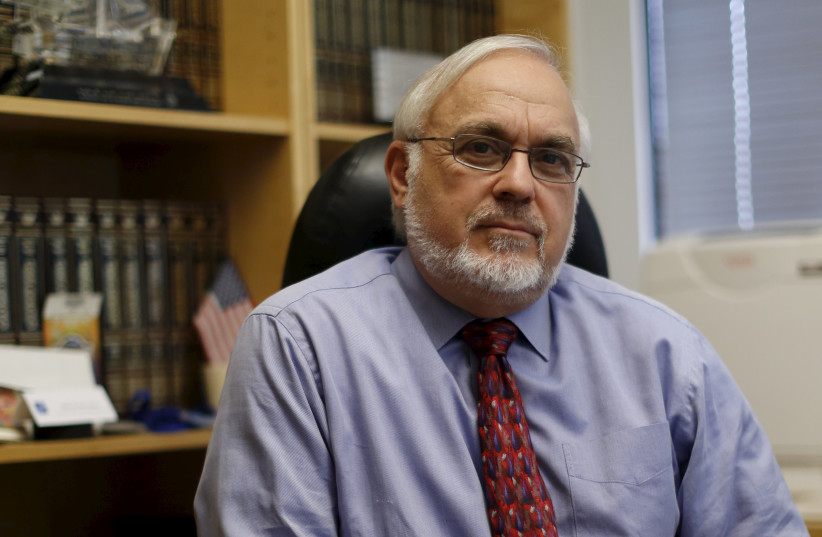During a visit to Diriyah in Saudi Arabia on Tuesday, US Religious Freedom Commission co-chair Rabbi Abraham Cooper was asked to remove his kippah in public by Saudi officials.
After the delegation abruptly left Saudi Arabia, the Saudi Embassy in the US posted on X that they viewed the incident as “unfortunate” and the “result of a misunderstanding.” According to the statement, HRH Ambassador Reema Bandar Al-Saud had the opportunity to speak with Cooper to resolve the matter. Finally, they stated that they “respect his decision not to continue the tour.”
Monitoring religious freedom

Cooper was in Saudi Arabia as co-chair of the US government delegation tasked with monitoring religious freedom worldwide. Arriving on March 3, the delegation was invited to Diriyah, the original home of the Saudi royal family.
Following the incident, Cooper said that “no one should be denied access to a heritage site ... simply for existing as a Jew.” He also noted that in light of the rising antisemitism around the world, he felt that it would be impossible for them to continue the tour.
A fellow member of the US delegation, Reverend Frederick A. Davie, described the incident as “stunning and painful” and expressed concern about the state of the country’s religious freedom.
